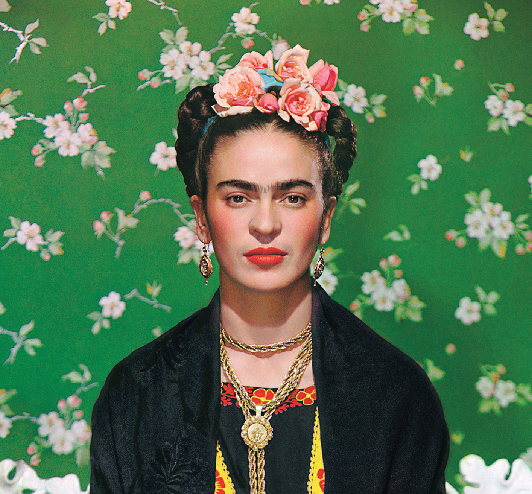At a recent conference, I was lucky enough to hear from Dave Luhr, President of Wieden + Kennedy, the powerhouse agency behind some of the best creative work in history for brands like Nike, Old Spice and Proctor & Gamble. Below are some selected quotes from his presentation about how an agency should think in order to develop great ideas for brands. Dave is a very down-to-earth guy, and even though you’ve probably heard versions of most of these anecdotes before, it’s refreshing to know that some of the best campaigns for global brands were built on them.
If your creative idea isn’t strong, being integrated, digital and holistic won’t save it.
Especially in the digital age, it’s important that any campaign messaging is able to work across channels, but those channels should never dictate the idea. So clear the clutter from your mind and ask yourself: What is the problem that the client needs to solve? That’s where to begin. If you begin a project by suggesting a tv campaign, you are more than likely going to end up with a tv campaign. But if you come with a question that needs a solution, you are more likely to find an answer that’s so much larger than any channel. The Nike “Find your Greatness” campaign was a perfect example of that. During the London Olympics, Nike chose to re-define “greatness” by celebrating effort and will over winning first place.
Great advertising is created, not deduced.
As business becomes more measurable and automated, it’s important to celebrate the fact that creativity is the output. Brands and their agencies should remember and embrace that fact, because the emotional connection with consumers will be made with creativity, not with data. All the data said about Old Spice is that no one was using it. Without changing the product at all, Wieden + Kennedy added a whole truckload of creativity.
Watch “The Man Your Man Could Smell Like”
Great brands take risks.
His example was a campaign for Chrysler, which had a huge problem convincing their markets that their vehicles were the same quality as those manufactured oversees. The team at Wieden + Kennedy discovered that the perception problem lay more with the city of Detroit than with the Chrysler brand itself. So the risky solution, “Imported from Detroit,” was created to resurrect the “Motor City” first. The quality of an import with the pride of buying American.
Good creative works in every market.
Another Olympics campaign sprang up differently than I had expected. Wieden + Kennedy was worried P&G would simply ask them do Tide and Tampax ads with Olympians as spokespeople, so they pro-actively flew to their Cincinnati headquarters to change their thinking with this angle: Brands don’t sponsor the Olympics, companies do. Which meant the true value to P&G’s brands was in promoting the larger company and its purpose. P&G isn’t in the business of helping athletes, they help moms. And from that insight, a beautiful campaign emerged: Proud Sponsor of Moms. The message and the context clearly resonated, P&G just signed a 30-year partnership with the Olympics.







